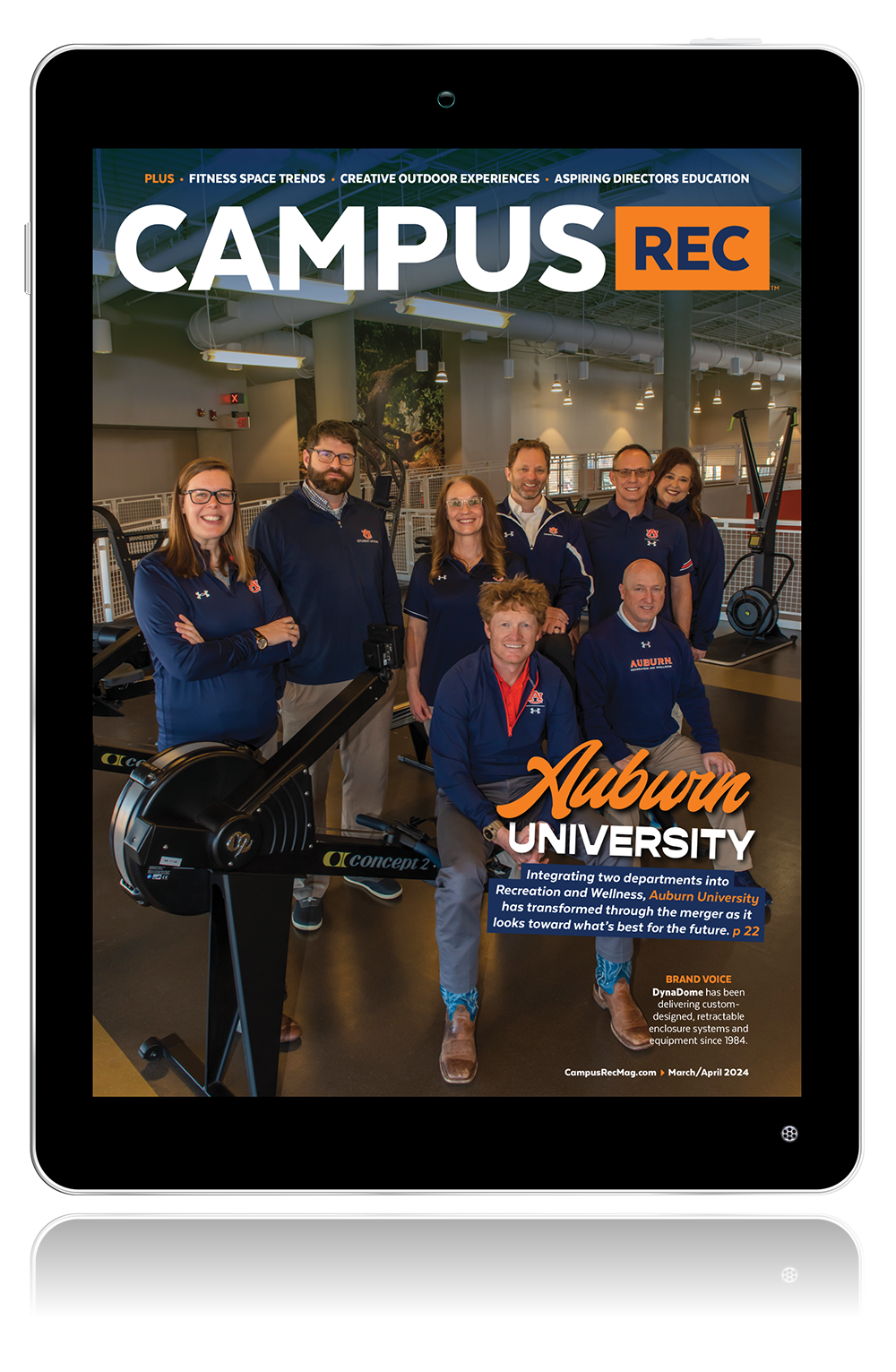Obtaining a certification as a Personal Trainer or Group Exercise Instructor is among the first steps to beginning a career in the fitness industry, but the educational journey does not end there. Passing the initial exam demonstrates that the candidate possesses a minimum level of knowledge and competence as measured through objective testing procedures. In order to prevent the erosion of baseline knowledge and skill, ongoing reinforcement is necessary. Knowledge held at the time of initial certification may also become outdated or even obsolete as industry guidelines, best practices, and the science of exercise evolve. In addition, exercise professionals should be motivated to advance their knowledge and skill beyond that of the entry-level practitioner.
As such, exercise professionals must engage in regular continuing education activities. There is a variety of options to acquire continuing education. These may include attending workshops and conferences, completing home study courses, contributing to a professional publication, presenting at an industry conference, completing health- or fitness-related college/university courses, and perhaps even earning an advanced degree.
Certification programs that have earned accreditation from the National Commission for Certifying Agencies (NCCA) require that certificants engage in appropriate educational activities for the purpose of continuing competence and advancing knowledge, skill, and ability. Certifications are valid for a defined duration of time from the date of initial certification. In the fitness industry, most professional certifications are valid for 2 to 3 years. During the period from initial certification to the designated expiration date, the certificant must complete relevant continuing education activities. Certification providers assign value to these activities, often called continuing education credits (CECs) or continuing education units (CEUs). The number of credits/units required to renew a certification varies among certifying bodies, ranging from 20 to 60 hours of continuing education within a certification period. Typically, one hour of education contact time is equivalent to one credit or unit; however, this varies based on the type of activity.
To renew a professional certification, the certificant must complete an application process to report the continuing education they have completed and the corresponding number of CECs/CEUs earned to fulfill the minimum requirement. In addition, the certificant must hold the requisite safety certification (e.g., CPR/AED), and remit a renewal fee. Upon approval of their application, the individual retains all the benefits of holding the certification for a subsequent period, again based on the policies of the provider.
Professional certification provides some assurance that fitness services will be delivered in a safe and effective manner. In addition, employers and consumers should feel confident in the competency and professionalism of those maintaining a reputable certification. The credibility of a profession rests in part on the commitment of practitioners to pursue continuing education and maintain certification.
Michael Iserman is the Director of Certification at the National Exercise Trainers Association (NETA) in Minneapolis, MN. Michael holds a certificate as a Credentialing Specialist through the Institute for Credentialing Excellence. He can be reached at 1-800-237-6242 or michael@netafit.org.










